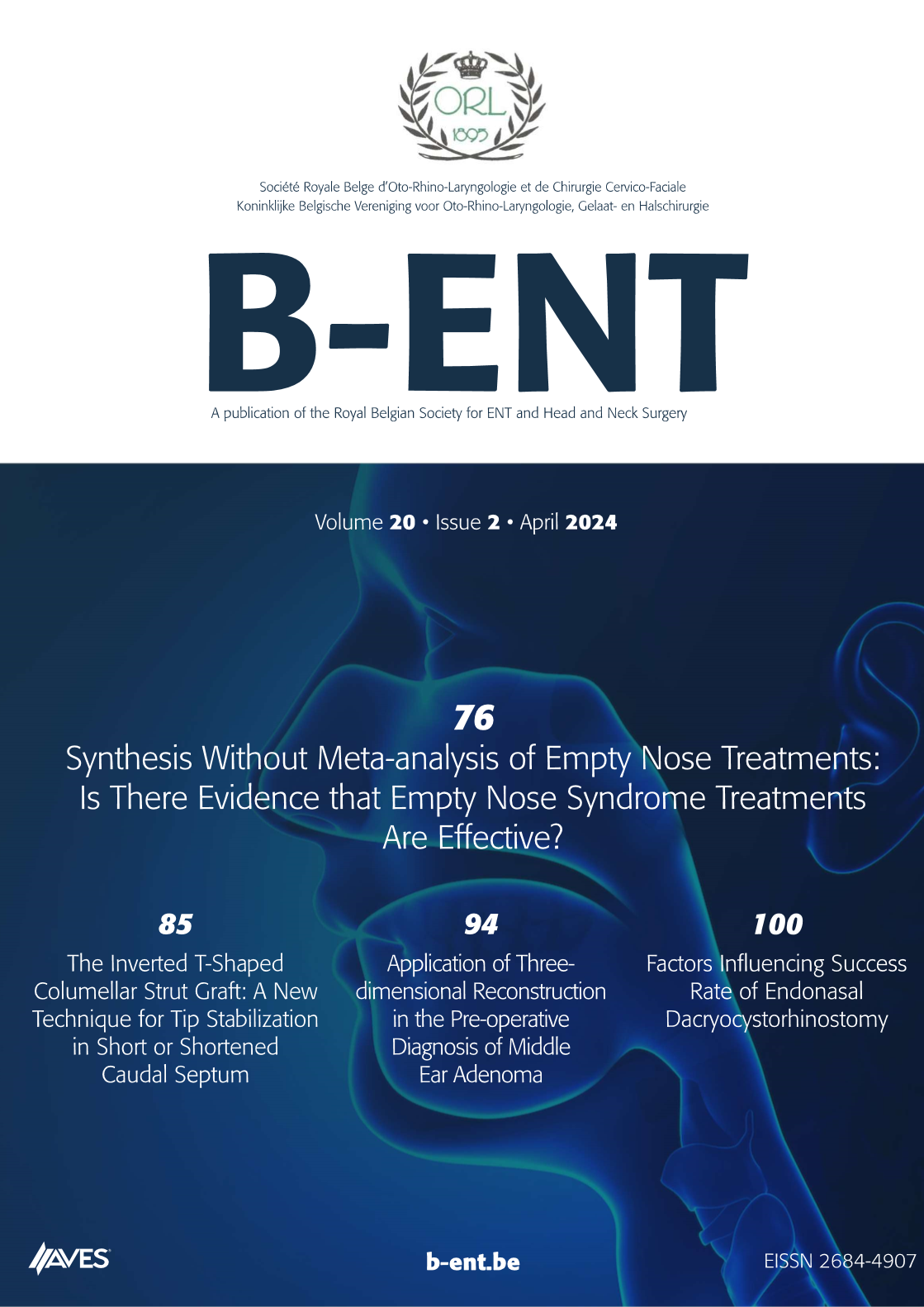Ageing, neurodegeneration, and olfactory and gustatory loss. Olfactory and gustatory disorders increase with advancing age. Moreover, olfactory disorders are common in neurodegenerative disorders, especially in idiopathic Parkinson’s disease (IPD) and Alzheimer’s Disease (AD). Since the decrease in olfactory function is usually gradual, it often remains undetected. Given the poor self-assessment of olfactory function, olfactory testing is mandatory in suspected cases to establish the diagnosis of hyposmia or anosmia. The high rate of anosmia over the age of 70 is suspected to be due to several factors such as changes in the olfactory epithelium (reduced mucus secretion, hormonal changes, changes in epithelial thickness, for example), and the reduced neuroregeneration rate in olfactory receptor cells themselves. There is no known adequate treatment for stopping or reversing this age-related decline in olfaction. In IPD, olfactory impairment precedes motor symptoms by years and is independent of dopaminergic loss. Using fMRI, altered neuronal activity in the amygdaloid complex and hippocampal formation during olfactory stimulation have been demonstrated, as has a link between the expression of olfactory event-related potentials and olfactory-induced brain activity. In AD – by contrast with IPD – the severity of the disease and the olfactory disorder correlate. The olfactory disorders alone, however, cannot distinguish between AD and IPD. A complete loss of gustatory function is rare, while dysgeusia is common, especially with increasing age. There are multiple possible explanations, including concomitant disease and the side-effects of medication. These need to be established on the basis of exact history and examination. Treatment remains difficult.



.png)
